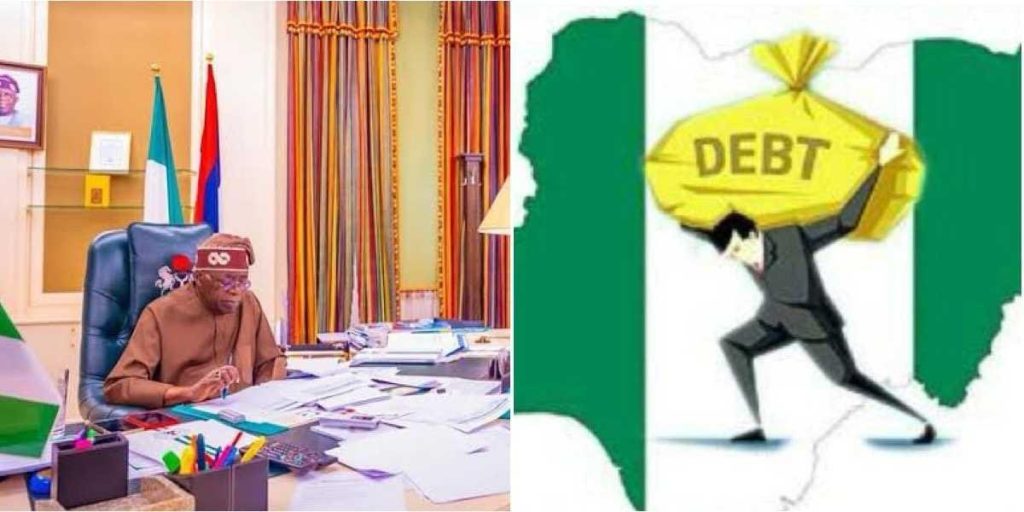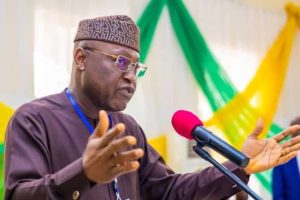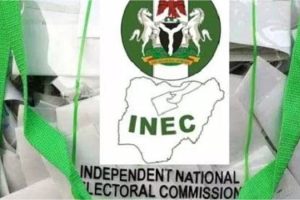
A review of the Debt Management Office data by has shown that the country’s public debt grew to N149.3 trillion as of March 31, 2025.
This development means the debt increased from the N144.6 trillion recorded as of December 2024.
According to the review, domestic debt rose by N4.4 trillion between December 2024 and March 2025, growing from N74.3 trillion in December 2024 to N78.7 trillion as of March 2025.
On the other hand, external debt increased by N350 billion rising from N70.28 trillion in December 2024 to N70.63 trillion as of March 2025.
Nigeria’s debt profile has seen a steady increase.
While it rose to N144 trillion in December 2024, the country’s total public debt stood at N142 trillion as of September 2024.
As of that same period, external debt stood at N68.8 trillion, while domestic debt was N73.4 trillion.
The data review also showed that, as of September 2024, the federal government alone owed N69.2 trillion in domestic debt, while states and the Federal Capital Territory owed N4.2trillion.
The figures suggest that the country has continued to rely heavily on domestic sources for its loan portfolio.
The published total debt profile is also significantly higher than the N134.2 trillion Nigeria owed as of June 2024.
As of June 2024, total external debt stood at N63 trillion, while domestic debt was N71.2 trillion.
Of this amount, the federal government’s domestic debt stood at N66.9 trillion, while state governments accounted for N4.2 trillion.
This development comes despite repeated promises by the Tinubu administration that Nigeria would become less reliant on loans.
For instance, in August 2023, while inaugurating the Presidential Committee on Tax Reforms, Tinubu had vowed to reduce Nigeria’s dependence on borrowing for public expenditure.
The State House website published the following statement in August 2023:
“President Bola Tinubu in Abuja expressed his resolute commitment to break the vicious cycle of overreliance on borrowing for public spending, and the resulting burden of debt servicing it places on the management of Nigeria’s limited government revenues.”





